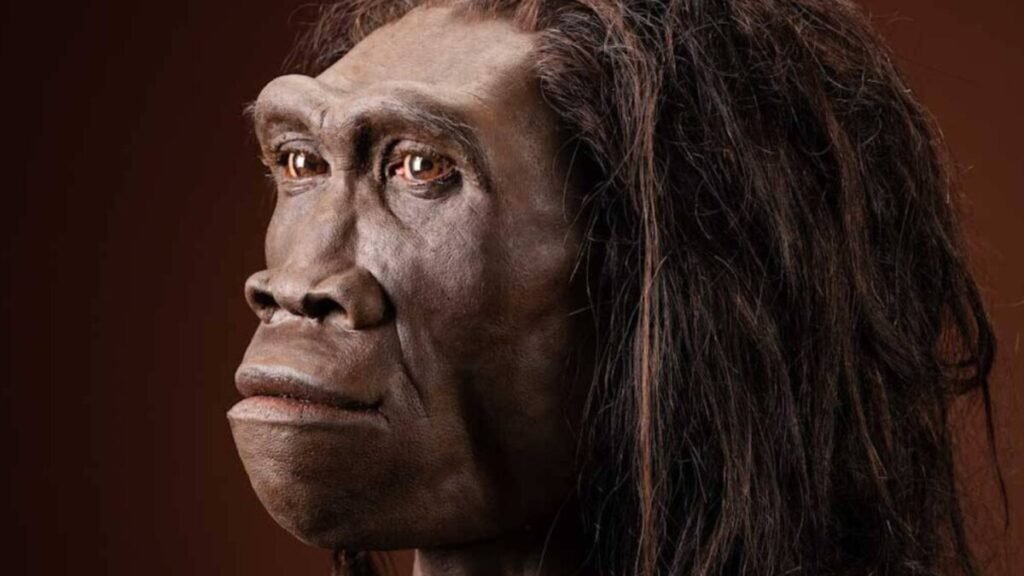Snacking like a Boss: How our Ancestors Transformed their Bodies to Match their Hunger

For a long time, it was believed that the human body evolved first and then allowed for new behaviors. However, a recent study challenges this idea by showing that our ancestors began to change their diet long before having the physical tools necessary to process it. This finding not only rewrites part of the history of human evolution but also highlights the power of behavior over biological limitations.
### The Appetite that Transformed Evolution
The study, published in Science by researchers from Dartmouth College, analyzed the diets of different hominid species, such as Australopithecus afarensis. Through the study of carbon and oxygen isotopes, they found clear evidence that these ancestors were consuming grasses—grasses, reeds, and other starch-rich plants—thousands of years before having the elongated molars necessary to chew them effectively.
This is the first time that the human fossil record shows that a change in behavior, such as a new diet, could precede—and possibly cause—an adaptive physical transformation. This theory, known as behavioral drive, suggests that necessity can push a species to try new strategies even if their body is not yet prepared for them.
### Useless Teeth, but an Urgent Need
In comparison with, such as Theropithecus (similar to baboons) and colobines (leaf-eaters), hominids stood out for their early consumption of tough plants. Although their dentition was not specialized for it, their chemical remains indicate that they already included these foods in their regular diet.
According to Luke Fannin, the lead author of the study, this finding reinforces the idea that survival strategies do not always depend on previous physical evolution. Sometimes, you just start acting differently, and over time, the body adapts.
Nathaniel Dominy, a co-author of the study, points out that the presence of certain in the fossil teeth leaves no doubt: hominids were eating grass before they could chew it well. And that insistence on surviving and obtaining energy probably guided their subsequent development.
### Big Molars for an Uncertain Future
Although teeth, in general, have been decreasing over time—up to 5% every thousand years, according to the study—hominid molars continued to grow to adapt to the demanding plant-based diet. This growth was a direct consequence of an already assumed behavior and not its cause, as traditionally thought.
The discovery changes the perspective on how we evolved as a species. Rather than waiting for the body to change to act, humans would have been proactive: adapting our habits first and forcing the body to follow us later.
This study challenges centuries of assumptions about human evolution. Far from being slaves to our biology, our ancestors showed that willpower can be stronger than any physical limitation. Eating without being prepared may have been the first step toward becoming what we are today.





